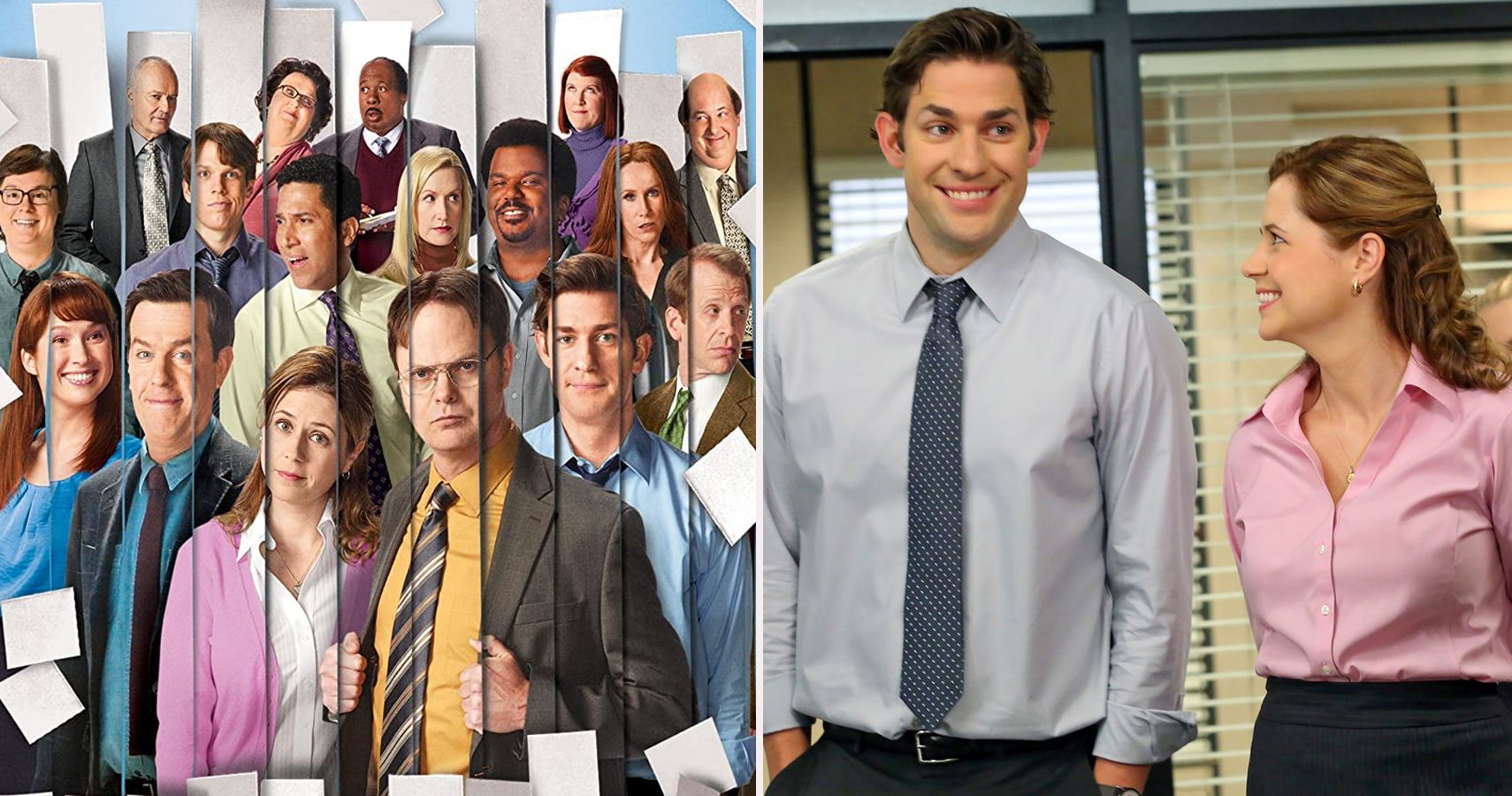


Simply put, when you watch The Office, or any series, you’re watching a show’s writers, directors, actors, and crew fight to maintain a certain level of quality despite a relentless pace and the network’s expectation that the series hit certain ratings goals or be canceled. The other drama is happening behind, or beneath, the scenes it’s extra-dramatic, a struggle between the show and the medium it’s a part of. One occurs onscreen: The characters go here, do this, feel that, and we debate whether what happens is funny, smart, consistent with past plotlines, and so forth. On any long-running popular series, there are always two dramas happening simultaneously. But there’s another aspect at play here: It has to do with the nature of TV itself, and I think it may be the real reason why I’ve continued to watch The Office.

I like the show, and I love these characters, and the quality of the acting is so consistently high (even when the character beats and dialogue aren’t up to snuff) that I can’t bring myself to just bail. Fact is, the show’s first post–Steve Carrell year has been a mess, at times bordering on a disaster.Īnd, yet, I’ve continued to watch it every week. Will the eighth season of The Office be considered a lost season or just a transitional one? It depends on what the sitcom does next year and the year after, and in any event, this might be a distinction without a difference.


 0 kommentar(er)
0 kommentar(er)
